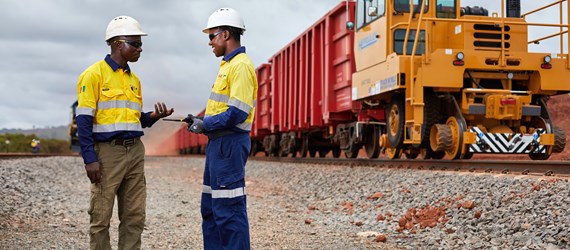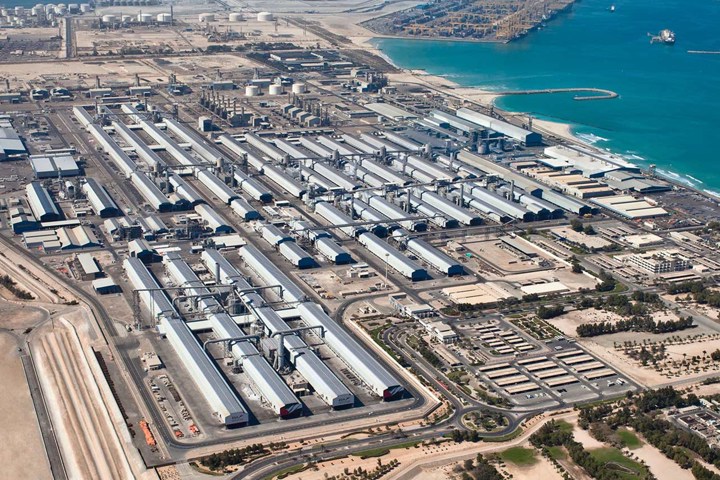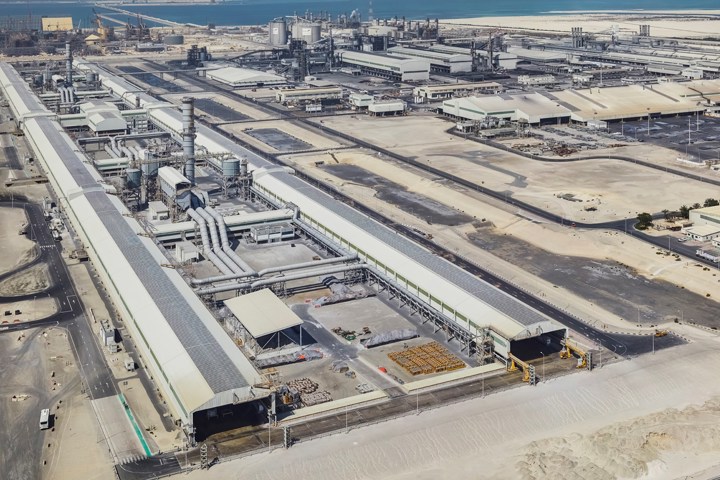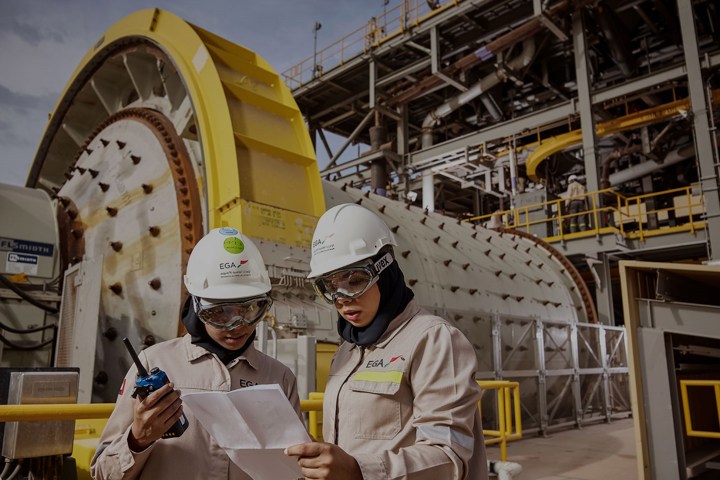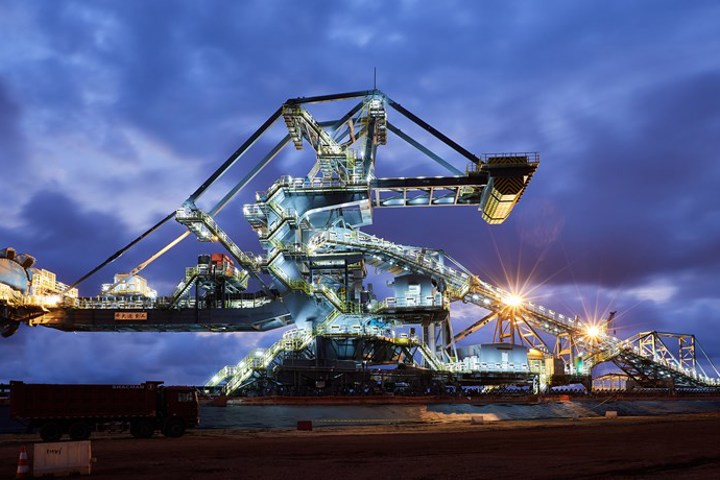
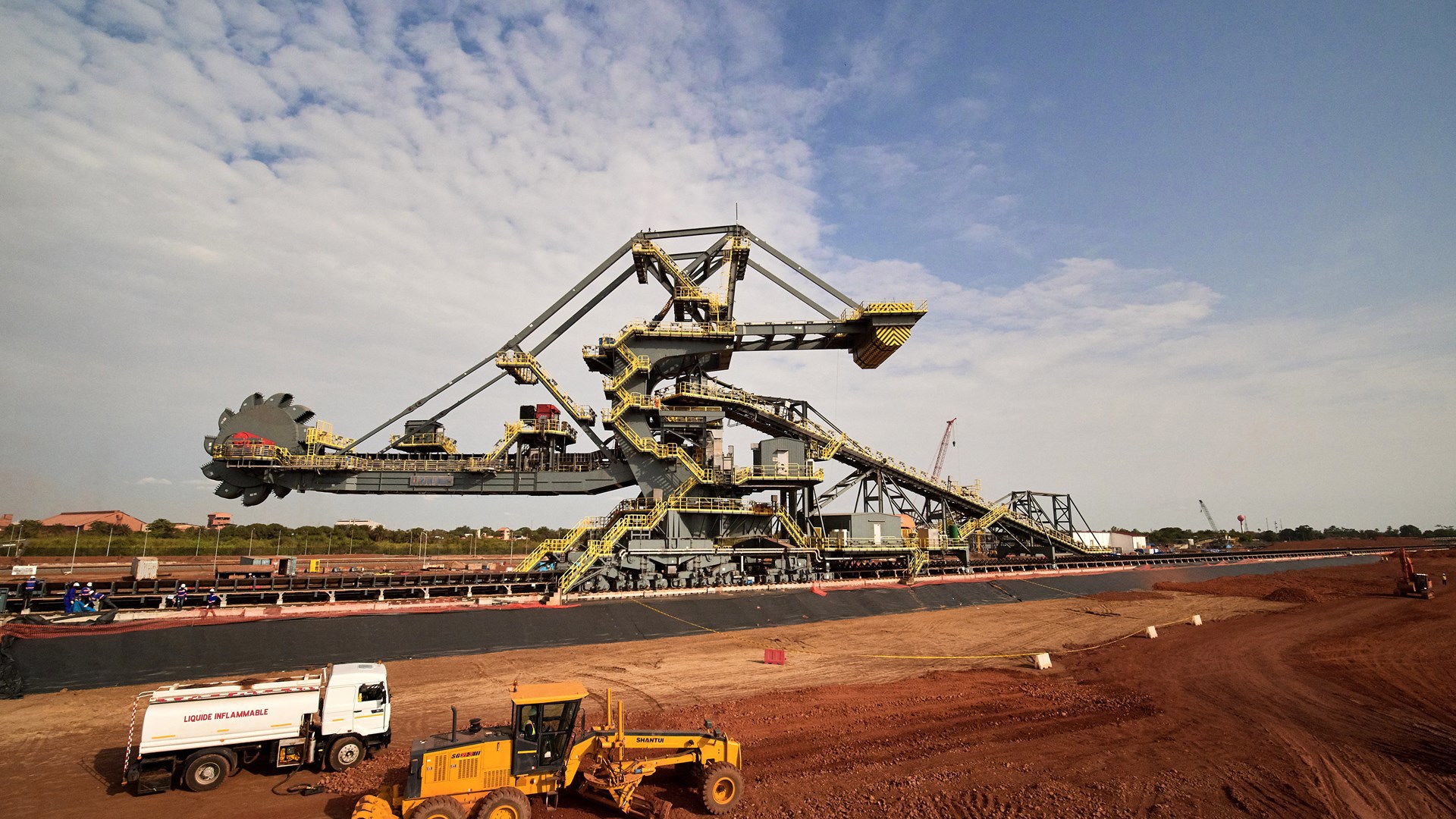
Building Guinea Alumina Corporation
Guinea Alumina Corporation was built as part of our strategic expansion upstream in the aluminium value chain.
We will be creating new revenue streams for EGA and securing the competitive supply of raw materials we need. The project was one of the largest greenfield investments in the Republic of Guinea in four decades.
Our total investment in GAC was approximately $1.4 billion.
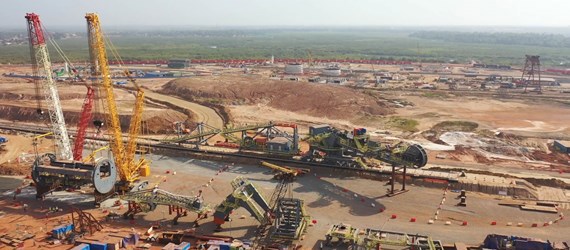
The GAC project was funded by EGA and the largest greenfield mining project financing ever in Guinea, extended by development finance institutions, export credit agencies and international commercial banks.
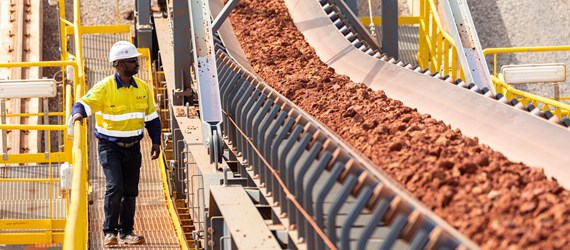
Peak construction workforce was 4,635. Construction of the project took 30.3 million hours of work, the equivalent of one person working for more than 17,000 years and one-and-a-half times the number of working hours is took to build Burj Khalifa in Dubai.
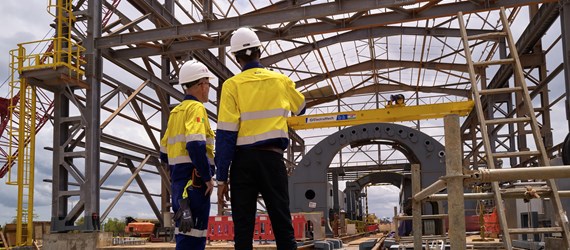
85% of the peak construction workforce were Guinean, 67% were from the Boké region, and 17% were from communities neighbouring the project.

The rate of recordable safety incidents was less than one-third of global mining benchmarks and construction was completed with zero fatalities. More than 41,000 safety trainings were delivered on-site.
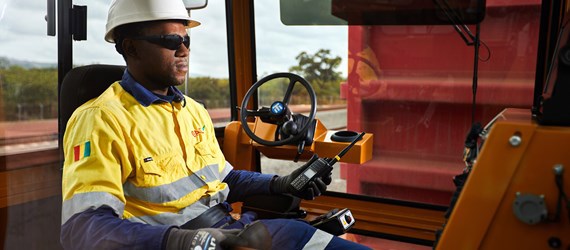
More than half of all construction contracts by number were awarded to Guinean companies. The total value of these contracts was $112 million.
